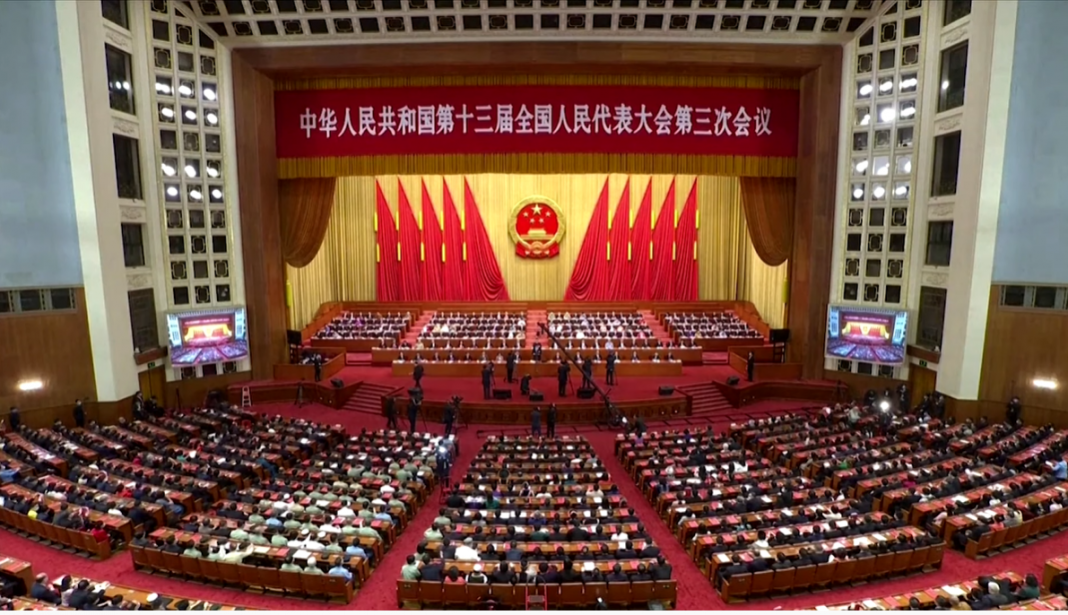HONG KONG—On Thursday, May 28, the National People’s Congress (NPC), voted to enact a new national security bill on Hong Kong.
With a near-unanimous decision of 2,878-1, the law will have the power to make any acts of secession, sedition, subversion, and terrorism criminal. The recent law alters Hong Kong’s previous semi-autonomy null, as it bypasses Hong Kong’s Basic Law’s Article 23. The Sino-British agreement of 1984 allowed Hong Kong to hold its own mini-constitution to hold its own sovereignty apart from China.
The United States, United Kingdom, Canada, and Australia reprimanded China in a joint statement saying, “Hong Kong has flourished as a bastion of freedom,” and that passing this decision “would curtail the Hong Kong people’s liberties, and in doing so, dramatically erode Hong Kong’s autonomy and the system that made it so prosperous.”
Hours before the official vote for the bill, U.S. Secretary of State, Michael R. Pompeo declared that Hong Kong is no longer autonomous from China.
“I certified to Congress today that Hong Kong does not continue to warrant treatment under United States laws in the same manner as U.S. laws were applied to Hong Kong before July 1997,” Pompeo said in a press statement. Leaving in question possible sanctions by the U.S government and the future of Hong Kong as a major financial hub.
Following the statement, Foreign secretary, Dominic Raab, announced the UK’s intention to extend BN(O) holders to go to the UK to work and study for an extended 12 months as opposed to its current six months. Taiwan and Japan announced their steps to help Hong Kong citizens as the law approaches its enactment.
Minister for Foreign Affairs of Japan, Motegi Toshimitsu stated during a press conference “they (Japan) were seriously concerned,” adding that they will “continue to carefully observe the developments surrounding Hong Kong and cooperate with other countries and address the situation in an appropriate manner.”
In a Facebook and Twitter post, Taiwanese politician and current President of Taiwan, Tsai Ing-wen Taiwan’s plans to help accommodate HongKongers who want to flee from the national security law.
Beijing’s decision comes as response to last year’s pro-democracy protests caused by Hong Kong’s extradition bill. More recently protests have been rallying up in an attempt to fight the controversial National Anthem Bill. After the decision, residents of Hong Kong started to rally up protests to counter the national security law.
The process for the bill to take effect in Hong Kong is expected to take place in over a few more months. President Donald Trump will provide more details about regarding their decisions over this new change in Hong Kong on Friday, May 29.







